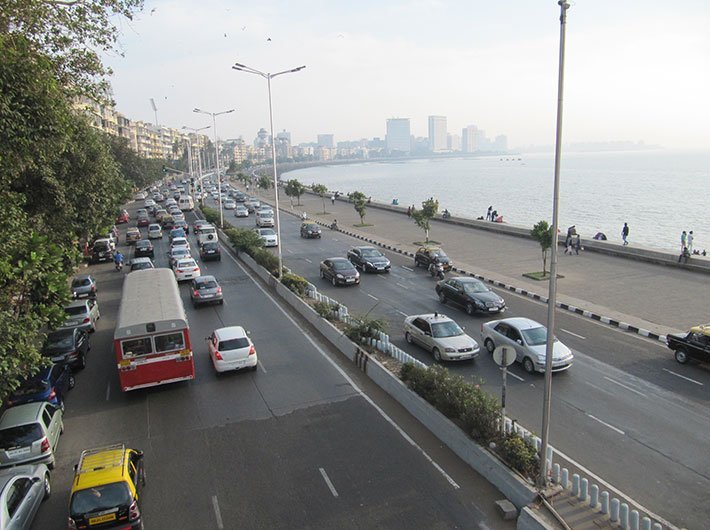Concerns raised about provisioning for affordable housing after civic authorities sought suggestions to improve Mumbai
A revised draft development plan (DP) for Mumbai has come in for criticism, with experts pointing out inconsistencies and anomalies.
The two month window provided by the BMC for suggestions and improvement to the city’s revised draft development plan ended this evening.
Citizens and urban experts have said that the DP through development control rules (DCR) undermines its objectives and is highly technical in language and presentation. They sought extension of time to give suggestions and to register objections.
Speaking to Governance Now, Hussain Indorewala, associate professor, Kamla Raheja College of Architecture and member, Hamara Shehar Mumbai Abhiyaan a group of more than 50 activists, NGO’s and academic institutions, said that if the government is serious about public participation in the city’s development plan, it must extend the period of consultative process.
As many as 37 citizen groups, environmentalists and transport experts under an umbrella body, Apna Mumbai Abhiyan, came together on Thursday to criticise the revised draft development plan. Architect and activist PK Das said both the data and maps have major mistakes. “The DP is uncertain on AH (affordable housing) and clearly expresses lack of commitment and will on the part of planners to address this issue. The land for AH in DP has not been demarcated, nor area statements provided. Viability of these constructions is unknown. Data scattered across the document has serious, inconsistencies, discrepancies, mismatch and incomplete plans on AH,” Das said.
Though for the first time the DP has a plan for affordable housing (AH), it only appears as a tokenism. Das pointed that 3,300 hectares of no development zone (NDZ), tourism development zone (TDZ) and salt pan land has been declared as potential for creating AH without reserving the area in DP. “It is suggesting that landowners of NDZ will be lured by enhanced FSI (floor space index) of 3 in place of the current fsi of 0.20 to bid for AH.”
On MHADA (Maharashtra housing and area development authority) land, he said the document neither demarcates boundaries and areas of MHADA land in Mumbai nor provides basis for its calculation for the possible number of houses through various schemes.
Activists said that the DP does not provide solution to over 70 percent of Mumbai’s population living in slums and dilapidated buildings due to flawed policies and practises.
They also expressed concern about demarcations of natural areas like lakes, four rivers of Mumbai and their buffer zones which are missing on the DP and this, they feared, will lead to continuous misuse, misinterpretation, manipulation and land filling of these natural areas. They added that with regard to the salt pan land, BMC has not compared the data with other government agencies like the mangrove cell, ministry of commerce.
Hema Ramani of Bombay Environmental Action Group said that Mumbai city has reached its saturation point. The idea for a having a DP is to make the city liveable but the DP has inconsistencies and mismatch and not going to make it liveable, said Ramani.
Activist and architect Nitin Killawala said that transfer of development rights (TDR) policy should be discontinued and replaced with rational increase in base FSI in proportion to ownership of land and user category. He said that the DP does not incentivise or simplify processes for exiting residential housing societies to redevelop their own properties on their own without collaborating with private developers because of non-availability of transit accommodation, complex procedures for approvals from multiple authorities and easy banking finances.
Sumaira Abdulali, convenor, Awaaz Foundation, said that since 2005 she has been asking for a combined noise map of Mumbai. She said that a noise mapping of the city must be done at the earliest and integrated into the new DP before finalisation.
Abdulali also said that the findings of Tree Census of the tree authority must be integrated into the new DP and the tree authority must be strengthened. “Tree census must be integrated into the maps and age, species and location of each tree identified in census into the new DP.”

